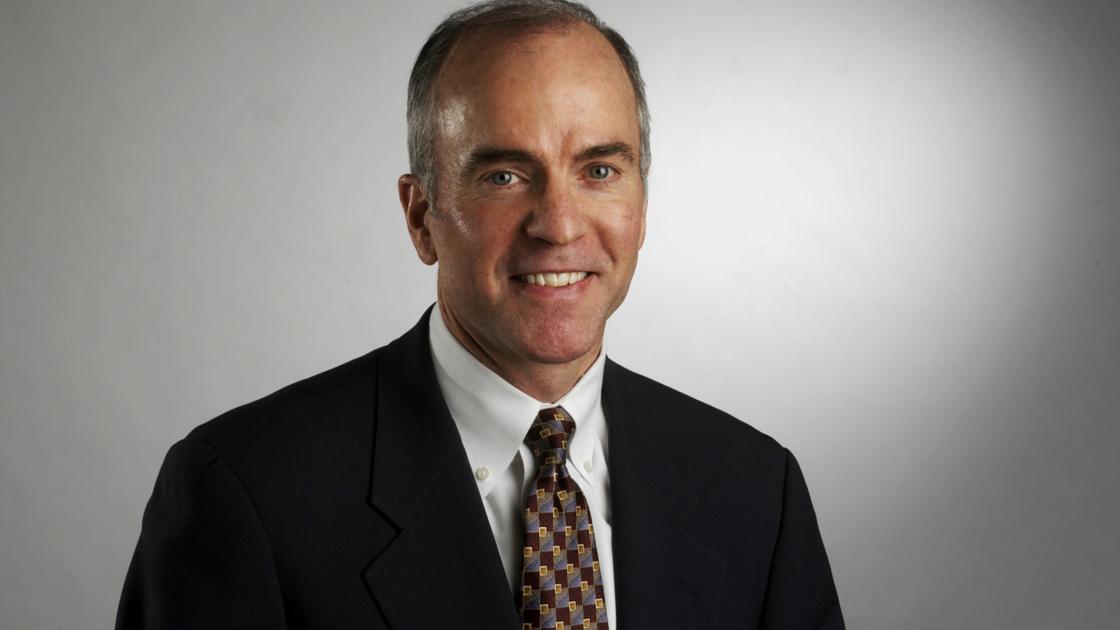
There was a time when Democrats like Bill Clinton recognized that Washington can’t do everything. Not Elizabeth Warren. “I am so tired of hearing what the richest country on the face of the Earth just can’t afford to do,” she says. And: “I don’t understand why anybody goes to all the trouble of running to be the president of the United States to talk about what we really can’t do.”
Her attitude about the cost of new and expanded domestic programs is eerily similar to the George W. Bush administration’s attitude about the cost of the Iraq War. The benefits would be so great that nothing else was worth mentioning.
The promise of vast new benefits for ordinary people has an undeniable allure. But where would the money come from? “Medicare for All” by itself carries a price tag of $30 trillion over a decade. The other stuff doesn’t come cheap.
For those who worry about affordability, she has a wondrously simple answer: a tax on wealth. “We can ask those at the very top, the top 1%, to pay a little more,” she says, through a “two-cent wealth tax.” Who could oppose asking the super rich to kick in two cents apiece?
Of course, what she proposes is a 2% tax every year on all assets above $50 million — which would amount to a minimum of $1 million per year for each of these taxpayers. For billionaires, that 2% would rise to 6%. She has no sympathy for any who object. Her campaign offers coffee mugs labeled “Billionaire Tears.”
None of this is to take Bernie Sanders’ side in the battle between these two. Sanders has his own wealth tax, which is even more punitive than Warren’s. “There should be no billionaires,” he thunders.
No, Sanders is not planning to liquidate them as Stalin did the kulaks. He’s just going to tax them without mercy.
John Cochrane of the Hoover Institution and Stanford University writes that “if the question is how do we raise revenue with minimal economic distortion, the wealth tax is an awful idea.” Harvard’s Lawrence Summers, who was Clinton’s Treasury secretary, concludes that it would “undermine business confidence, reduce investment, degrade economic efficiency and punish success in ways unlikely to be good for the country.”
A wealth tax would stimulate the targets to invest in methods to escape paying — using trusts to divide assets among family members, giving to tax-deductible causes and shifting assets abroad where they can more easily be concealed. The simplest avoidance strategy would be to squander huge sums on the high life.
The challenges of administering annual wealth taxes help explain why of the 12 European countries that had them in 1990, only three still do.
